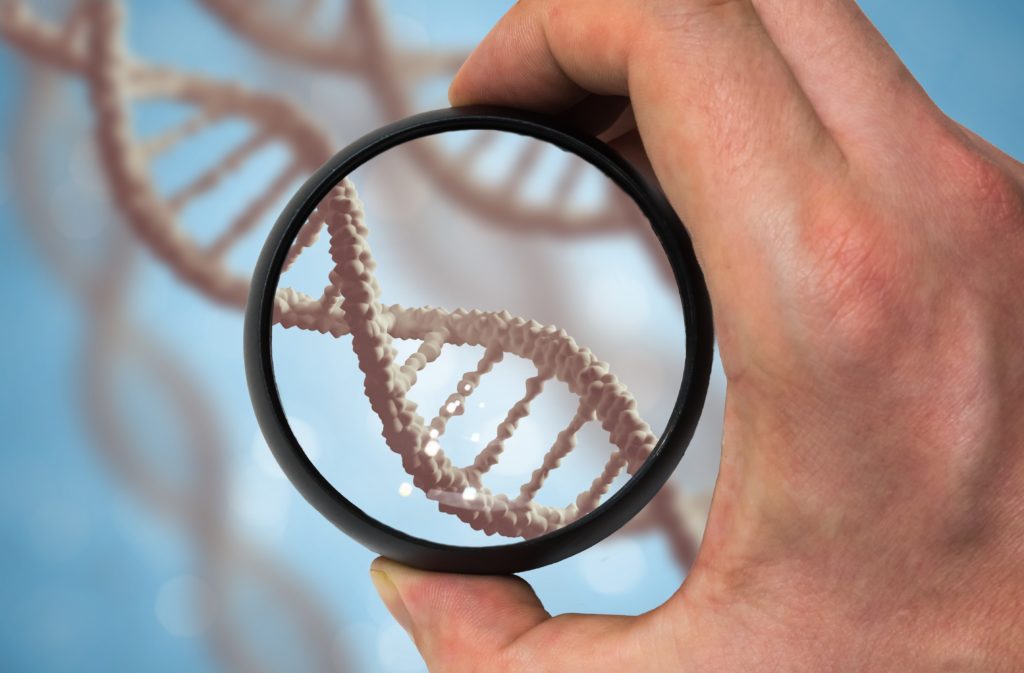
One of the key questions scientists are trying to answer is: Why are some people are more vulnerable to addiction than others? According to research, about 50 percent of a person’s susceptibility to drug addiction may be linked to genetics.
Addictive drugs provide a shortcut to the brain’s reward system, a system that transfers signals through a molecule, or neurotransmitter, called dopamine. Dopamine is commonly known as the happiness hormone. The brain’s reward system is affected by both genetic and environmental factors. A recent study published in the scientific journal, Proceedings of the National Academy of Sciences of the United States of America, revealed a specific genetic link. Researchers discovered a small infectious agent that integrates within a gene to regulate dopamine activity. This same integration is often found in people with substance use disorders, and is therefore associated with drug addiction.
Addiction to drugs or alcohol is a type of mental illness. As with most cases of psychiatric disorders, both genetic and environmental factors play a part in determining whether a person will develop a substance use disorder.
Drugs change the brain’s chemistry—making quitting difficult even for those who want to. For most people the initial decision to take drugs is voluntary. Repeated drug use, however, leads to changes in the brain that test self-control and interfere with a person’s ability to resist the intense urge to continue using. Moreover, one addiction leads to other addictions. Using one drug (even casually) makes it easier to relapse and become addicted to another drug all over again.
Recovery requires complete abstinence from all addictive substances. Thankfully, you don’t have to do it alone. If you or a loved one are ready to begin your journey toward recovery, contact Alpine Recovery Lodge in Alpine, UT,at 877-415-4060. Our team of compassionate specialists is eager to help you transition to a life of sobriety.
